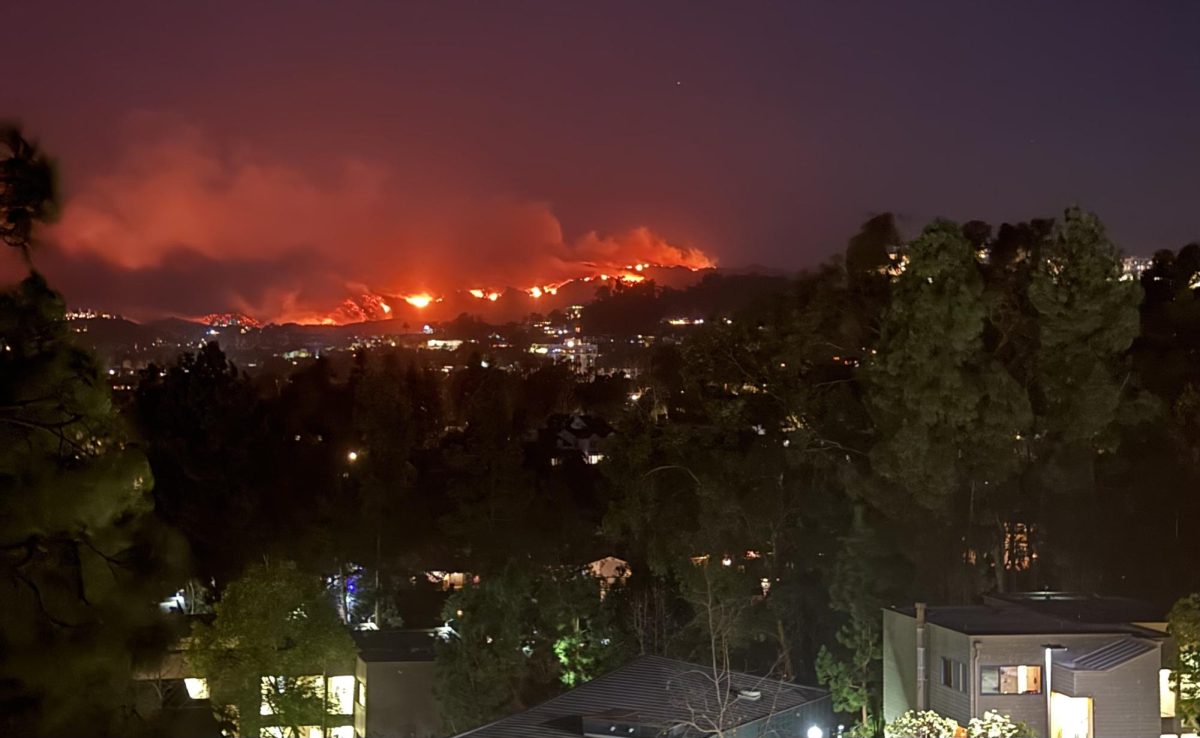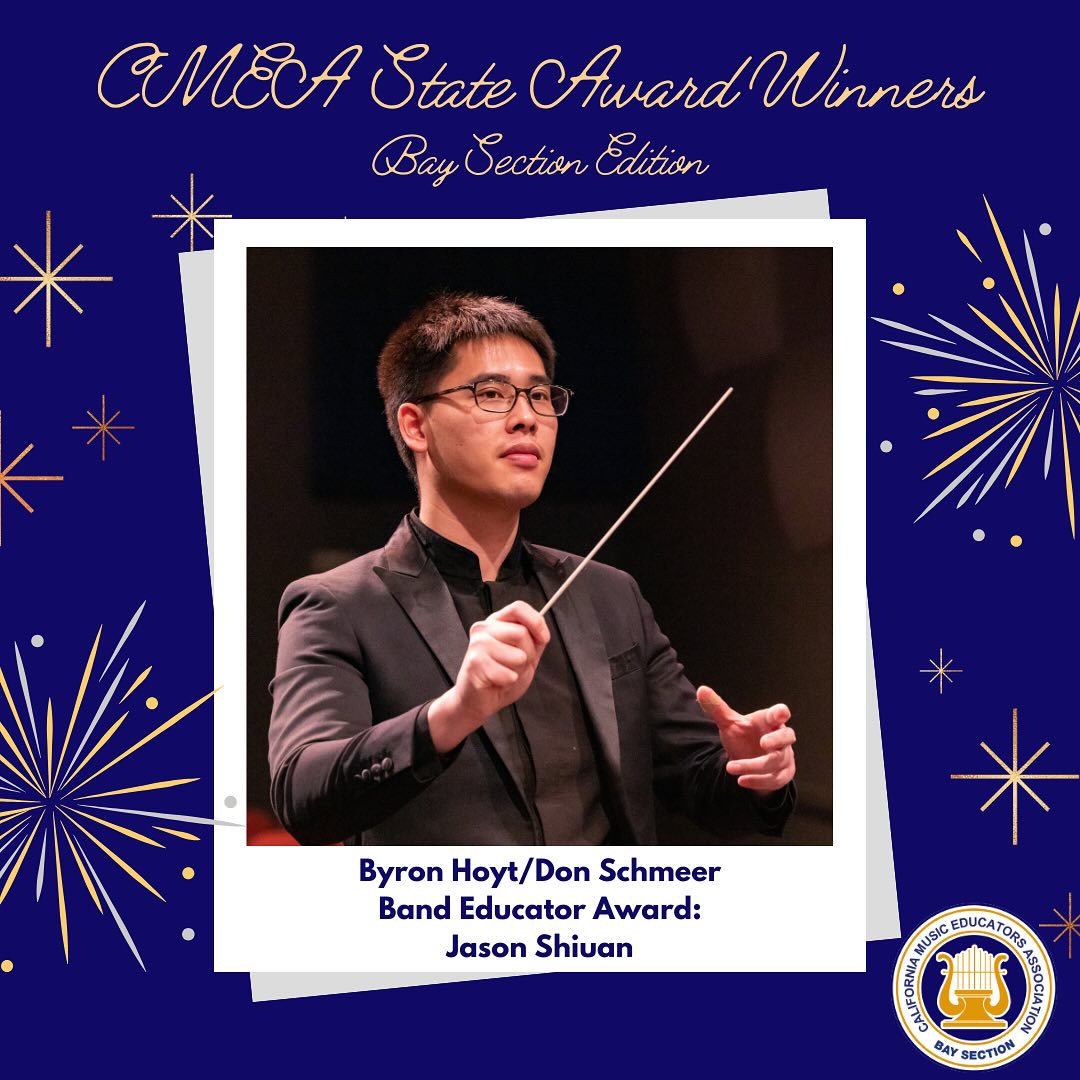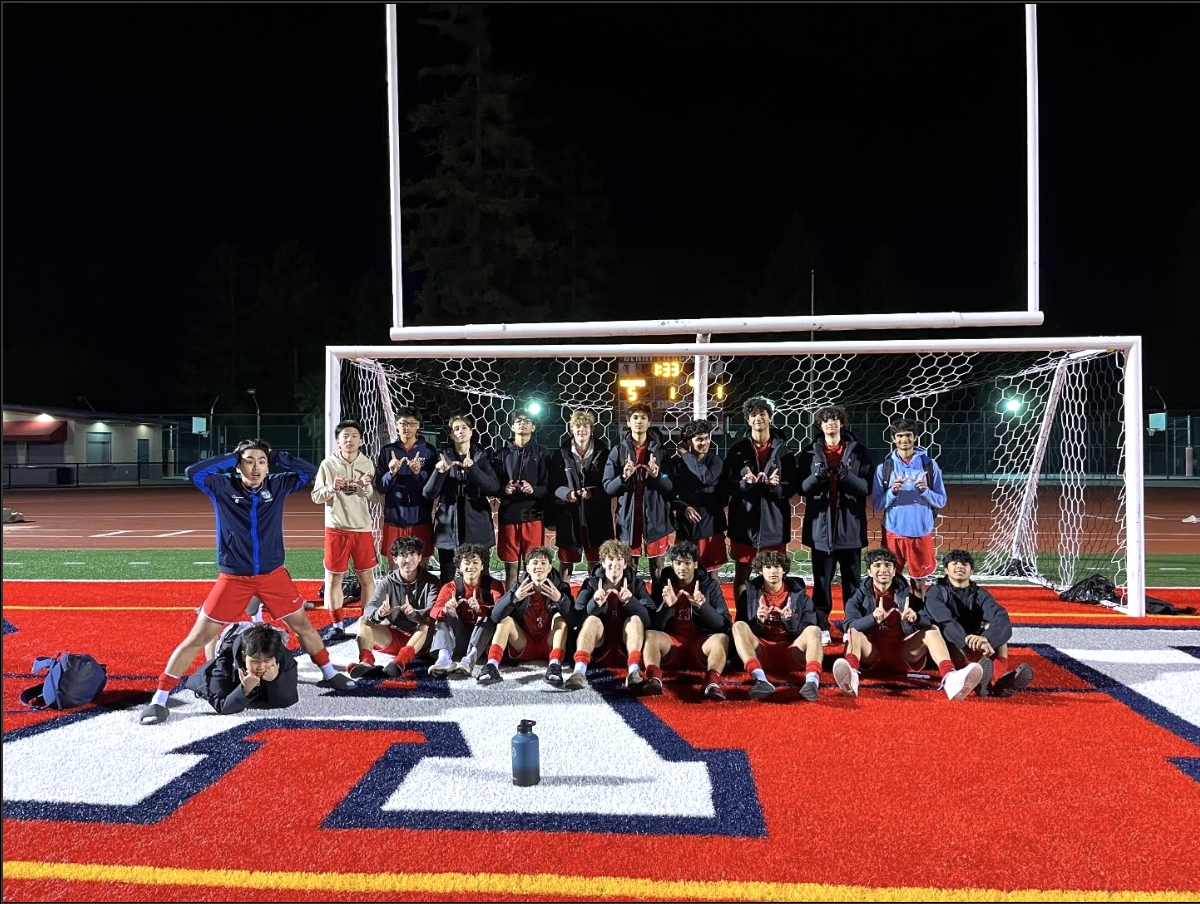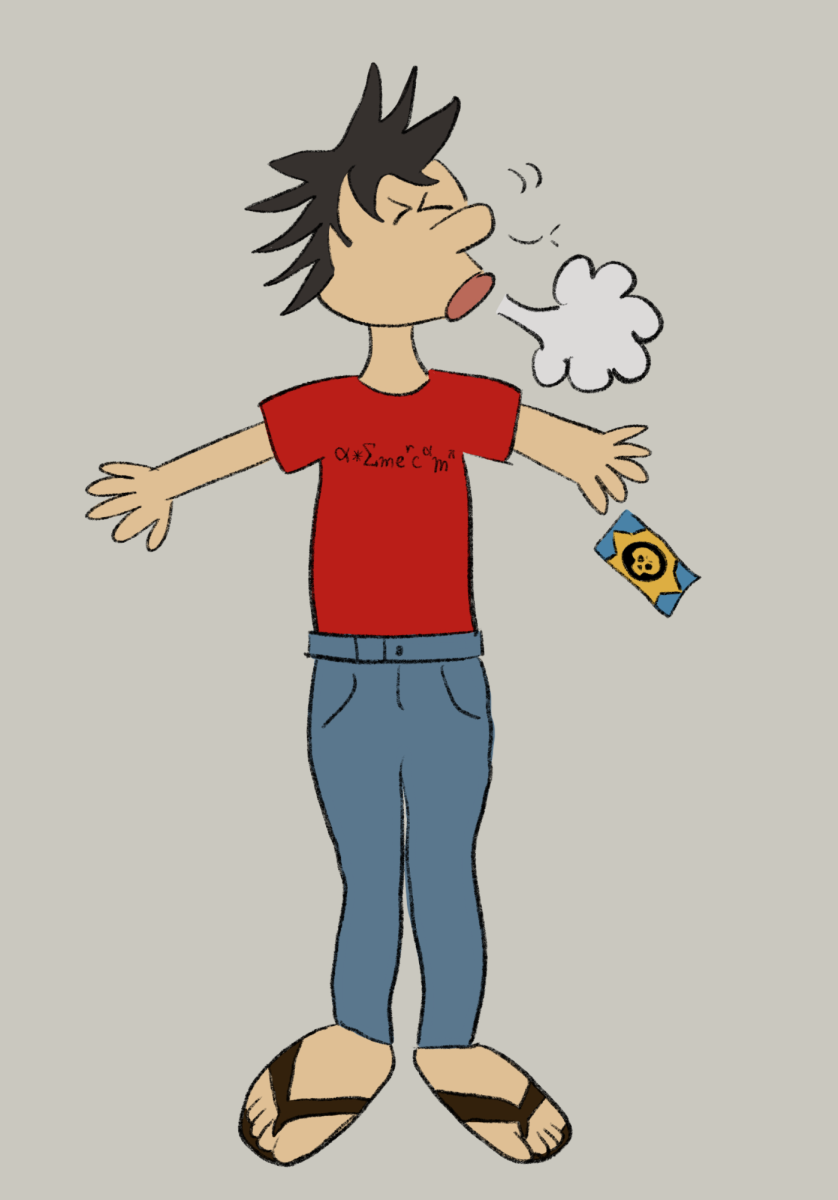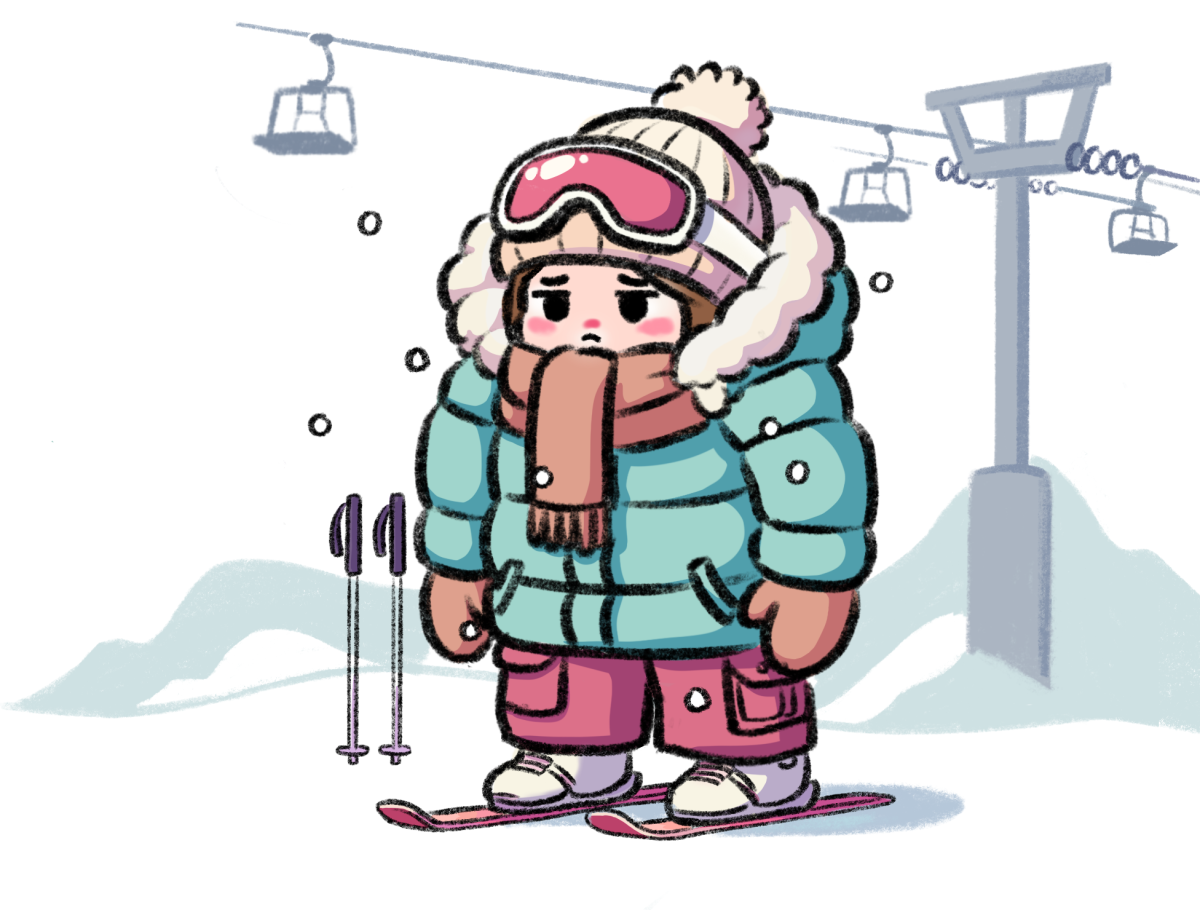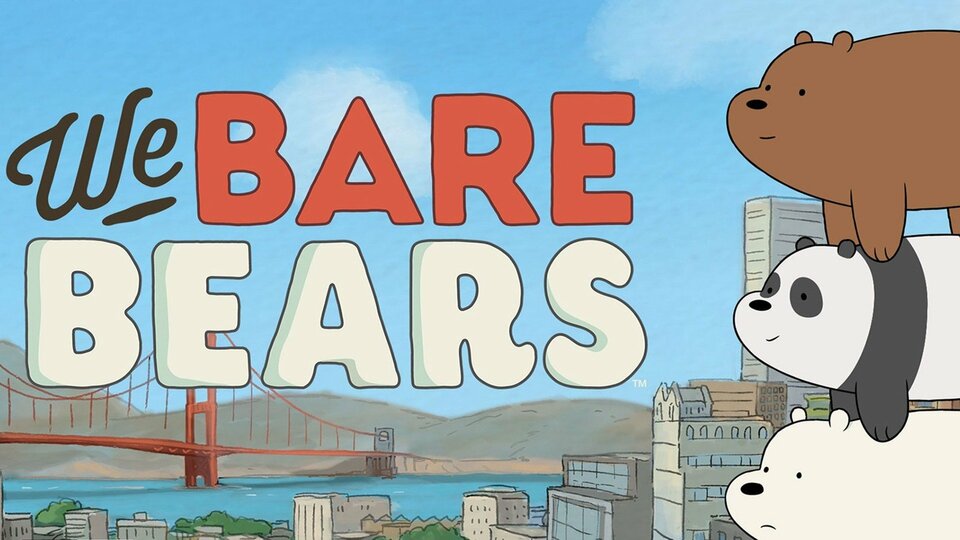Standing in front of a crowd of world-class industry professionals from companies such as Nokia and IBM last month in Helsinki, Finland, senior Stacey Chen and five other interns who had spent the summer at NASA Mountain View began pitching their original web application AgroSphere. Up against dozens of teams across the globe in the NASA Europa Challenge, Chen didn’t know what results to expect from the international competition.
Yet after a whole summer’s work of developing AgroSphere and practicing their pitch, Chen and her team of one other high schooler and four graduate students took home first place and the GODAN Data Challenge prize, given to projects that advance local food production under climate changing conditions.
“With all the other talented university team, we didn’t expect to win the competition,” Chen said. “It was so exciting!”
While most students were busy getting back to school in the first two weeks of school, Chen was still communicating with her summer intern team at NASA on a daily basis. In just 10 weeks over the summer, the team of six had produced AgroSphere, a web application that displays a user-friendly visualization of the effects of climate change on agriculture. Receiving geospatial data from an open web source, the team parsed this information, generating various functions to create buttons, grab the data and visualize the data through various means of plots and layers.
After completing the project, the team took its project to the NASA Europa Challenge. Placing among the top six, the team was offered an all-expenses-paid trip to Helsinki. Chen flew to Europe to join her team at the competition from Aug. 29-31.
During the three days in Helsinki, Chen and her team spent most of their time preparing for their pitch with their project manager from at NASA. But during this time, they were still able to get to know some of the other talented entrepreneurs at the competition. In fact, most of the other competitors were either undergraduate or graduate students.
“It felt very special to be one of the only high schoolers there, and even one of the only girls there,” Chen said.
Nevertheless, even as a high school intern, Chen said she helped make improvements on the web app design, collect usable data, create a search bar for all data layers and develop the website for documentation using CSS3, JavaScript, jQuery and jQuery UI.
In creating the application, Chen and her team hoped that the information would reach younger children, educating them on the reality of climate change.
“We have a lesson plan attached to the app because intended to aim it at secondary school students since they determine the future and may be more willing to learn about the negative effects of climate change on agriculture,” Chen said.
Reaching out to multiple universities, Chen and her team talked to representatives from University of Michigan and University of Pennsylvania over Skype. She hopes that through the universities, the web application can reach students of all ages.
Chen looks forward to improving the functionality of the application with her team as well as majoring in computer science in college, perhaps even taking on new development projects to compete at other worldwide competitions.
“It was such a great opportunity to really interact with other teams from Germany, Jordan and more,” Chen said. “People are so nice; now, I have friends from all over the world.”

